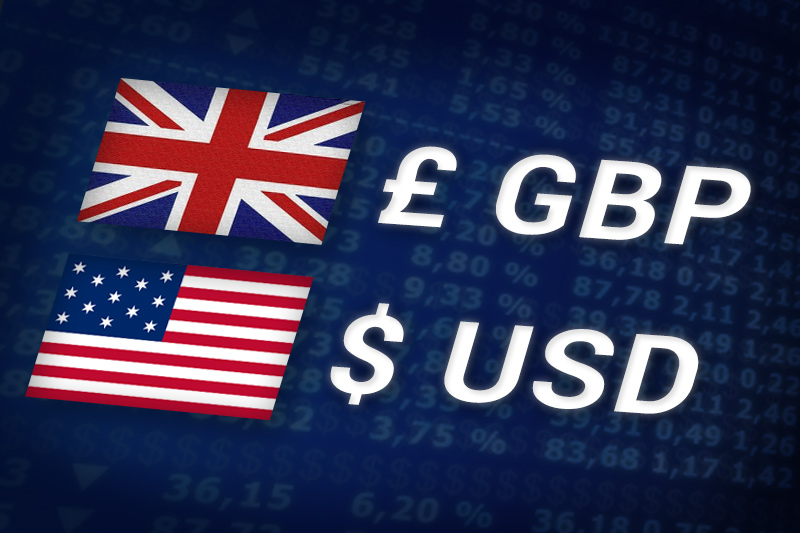Investing.com - The pound trimmed gains against the U.S. dollar on Wednesday, after Federal Reserve Chairman Ben Bernanke said another round of stimulus measures was not off the table in order to support the U.S. economy.
GBP/USD pulled back from 1.5978, the pair’s highest since November 14, to hit 1.5941 during U.S. morning trade, still up 0.26%.
Cable was likely to find support at 1.5875, the low of November 3 and resistance at 1.6007, the high of October 24.
Speaking before the House Financial Services Committee, Bernanke said he expects growth this year to continue "at a pace close to or somewhat above the pace" in the second half of 2011 and added that the bank expects to support the economic recovery with its "highly accommodative" monetary policy.
Bernanke also said that European policymakers have recently implemented a number of measures to stabilize the region, but warned that “critical fiscal and financial challenges remain for the euro zone".
The remarks came after the U.S. Commerce Department reported that gross domestic product increased at a seasonally adjusted annual rate of 3.0% during the fourth quarter, up from a preliminary estimate of 2.8%.
Analysts had expected the second estimate of U.S. GDP to remain unchanged at 2.8%.
The report said the upward revision was due in part to stronger consumer spending and commercial construction data.
Meanwhile, investors were cautious after the European Central Bank allotted EUR529 billion in three-year loans to European lenders, after receiving bids from 800 banks, significantly more than in the bank’s first long term refinancing operation of EUR489 billion in three-year loans to 523 banks late last year.
The high uptake on the operation sparked concerns that banks in the region expect liquidity pressures to continue.
The pound was also higher against the euro with EUR/GBP sliding 0.78%, to hit 0.8398.
In the U.K., Bank of England Governor Mervyn King dampened expectations for further monetary easing earlier, saying "By and large, I don't think there's any hard and fast expectation that we're inevitably going to do much more."
Earlier in the day, data showed that consumer confidence in the U.K. remained unchanged in February, after rising to seven-month high last month.
GBP/USD pulled back from 1.5978, the pair’s highest since November 14, to hit 1.5941 during U.S. morning trade, still up 0.26%.
Cable was likely to find support at 1.5875, the low of November 3 and resistance at 1.6007, the high of October 24.
Speaking before the House Financial Services Committee, Bernanke said he expects growth this year to continue "at a pace close to or somewhat above the pace" in the second half of 2011 and added that the bank expects to support the economic recovery with its "highly accommodative" monetary policy.
Bernanke also said that European policymakers have recently implemented a number of measures to stabilize the region, but warned that “critical fiscal and financial challenges remain for the euro zone".
The remarks came after the U.S. Commerce Department reported that gross domestic product increased at a seasonally adjusted annual rate of 3.0% during the fourth quarter, up from a preliminary estimate of 2.8%.
Analysts had expected the second estimate of U.S. GDP to remain unchanged at 2.8%.
The report said the upward revision was due in part to stronger consumer spending and commercial construction data.
Meanwhile, investors were cautious after the European Central Bank allotted EUR529 billion in three-year loans to European lenders, after receiving bids from 800 banks, significantly more than in the bank’s first long term refinancing operation of EUR489 billion in three-year loans to 523 banks late last year.
The high uptake on the operation sparked concerns that banks in the region expect liquidity pressures to continue.
The pound was also higher against the euro with EUR/GBP sliding 0.78%, to hit 0.8398.
In the U.K., Bank of England Governor Mervyn King dampened expectations for further monetary easing earlier, saying "By and large, I don't think there's any hard and fast expectation that we're inevitably going to do much more."
Earlier in the day, data showed that consumer confidence in the U.K. remained unchanged in February, after rising to seven-month high last month.
